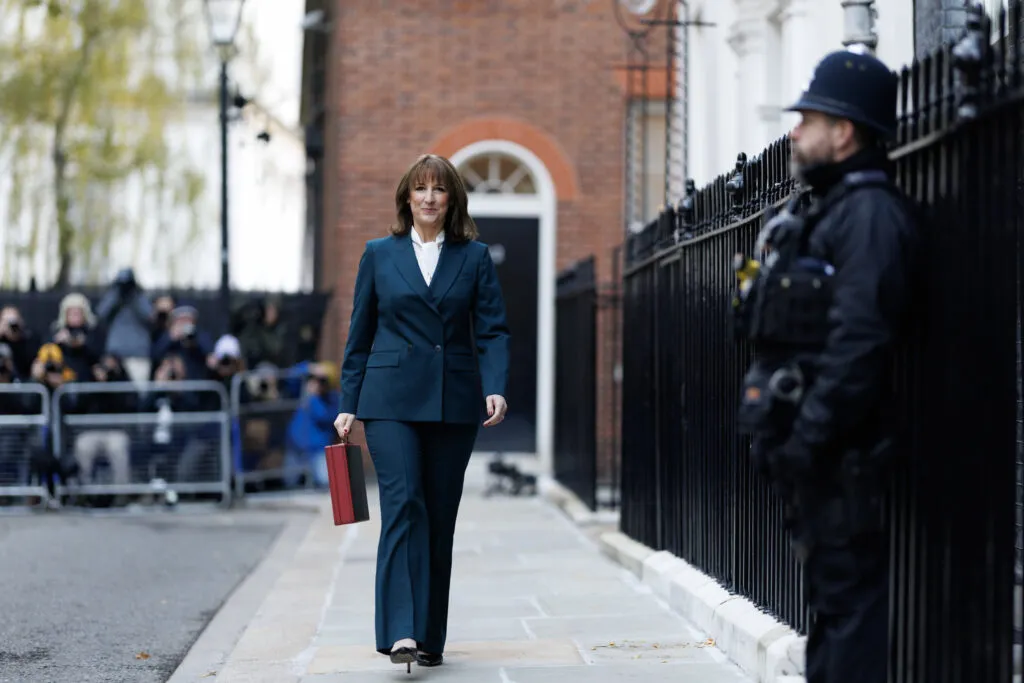
Owners of properties worth more than £2 million will be hit by a new “mansion tax” that will net the government £400 million by 2031, the Chancellor has confirmed.
The levy will take the form of council tax surcharge from April 2028, on homes that are identified as being worth more than the threshold by the Valuation Office, based on 2026 prices.
Unlike standard council tax, the revenue from this extra charge will go to central government.
There will be four price bands, with the charge increasing from £2,500 for a property valued between £2-£2.5m, to £7,500 for a property valued in the highest band of £5m or more.
The charges will rise each year in line with the Consumer Prices Index.
Speaking in the House of Commons today after documents from the Office for Budget Responsibility were leaked earlier, Rachel Reeves said: “I am introducing the high value council tax surcharge in England…
“This will be collected alongside council tax levied on owners, and we will consult on options for support or deferral.
“This new surcharge will raise over £400m by 2031 and will be charged on less than the top 1% of properties.”
Savills head of residential research Lucian Cook says: “After what must have been the most prolonged exercise in kite flying in the run up to a Budget, the introduction of an annual tax surcharge for properties worth over £2m, at levels somewhat lower than many will have feared, is probably the least worst outcome for owners of prime property.
“And with the uncertainty in the run up to the budget having already impacted prices, the impact on the market will be much less severe than it would have been in the event of an open-ended mansion tax.
“However unwelcome any tax increase, the certainty which this provides will allow buyers and sellers to formulate plans which have been put on hold over recent months.
“This is likely to underpin a short term pick up in market activity, especially given the breathing space offered by a delay in implementation whilst the valuation exercise is conducted.
“Over the longer term the measures are likely to act as slightly greater incentive for older home owners to downsize and, in some cases, heavily mortgaged owners of high value homes to move to a less valuable property pushing some demand out of London into the commuter zone.
“However, this impact will be tempered by an ability to defer any charges until sale or death which should prevent a rush of stock coming to the market.”
Evelyn Partners partner in financial planning David Little says: “Owners of properties valued between £1.5mi and £2m will be breathing a sigh of relief that they have swerved this so-called mansion tax.
“Doubtless the Treasury realised that at £1.5million there would be a significant backlash from Labour voters with such properties in more affluent parts of the country, especially the South East of England.
“Now it seems the burden will fall on those with the highest-valued properties, many of which will be in London.
“But with the measure not expected to come in until 2028, there is plenty of time for the law of unintended consequences to take effect.
“There could be widespread implications for the property market in the South East of England, where transactions could surge before the surcharge kicks in and sellers try to price properties below the threshold.”



